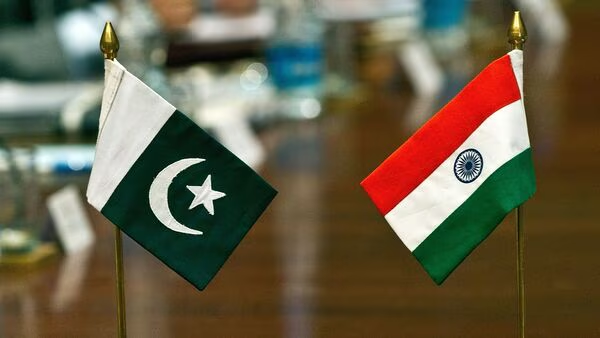In the wake of escalating tensions with India, Pakistan has launched “emergency preparedness” measures to safeguard its pharmaceutical supplies, according to local media reports. The move follows Islamabad’s decision to suspend all trade with New Delhi in response to India’s withdrawal from the Indus Water Treaty after the deadly Pahalgam attack.
Geo News reported that the suspension of trade with India has triggered urgent efforts by Pakistani health authorities to secure the country’s pharmaceutical needs.
While the Drug Regulatory Authority of Pakistan (DRAP) confirmed there has been no formal notification regarding pharmaceutical imports, contingency plans are already being actively implemented.

“Following the 2019 crisis, we began preparing for such scenarios. Now, we are actively exploring alternative sources to meet our pharmaceutical needs,” a senior DRAP official told the outlet.
Currently, Pakistan depends on India for 30% to 40% of its pharmaceutical raw materials, including Active Pharmaceutical Ingredients (APIs) and several advanced therapeutic products.
READ ALSO: Zelensky, Trump Reunite in Rome for First Time Since Oval Office Clash
With supply chains now disrupted, DRAP is urgently seeking alternatives from China, Russia, and European nations to ensure a steady supply of critical medicines, including anti-rabies vaccines, anti-snake venom, cancer therapies, and monoclonal antibodies.

While DRAP’s proactive measures offer some reassurance, health experts and industry insiders are warning of a potential crisis if swift action is not taken.
“Pakistan imports a significant portion of its pharmaceutical raw materials and finished life-saving products from India. Without an immediate solution, shortages are inevitable,” a senior Ministry of National Health Services official said on condition of anonymity.
READ ALSO: North Korea Unveils New Destroyer-Class Warship, Claims It’s Armed With “Most Powerful Weapons”
The Ministry of Health has yet to issue an official directive regarding the pharmaceutical sector, even as the broader trade ban remains in effect. Industry leaders fear the resulting supply chain disruptions could have severe consequences for patients nationwide.

Compounding the problem, Pakistan already grapples with a thriving black market where unregistered and unregulated medicines are smuggled in from Afghanistan, Iran, Dubai, and across its eastern border. While these illicit channels help bridge supply gaps, they pose serious risks to public health due to the absence of quality controls.
READ ALSO: Ipswich Relegated from Premier League After 3-0 Defeat to Newcastle
On Thursday, a delegation from the Pakistan Pharmaceutical Manufacturers Association (PPMA) traveled to Islamabad to appeal for an exemption from the trade ban.
“We met with officials from DRAP and the Ministry of Commerce to urge them to exempt the pharmaceutical sector. Many critical medicines and raw materials come exclusively from India,” said PPMA Chairman Tauqeer-ul-Haq.

The delegation also lobbied the Special Investment Facilitation Council (SIFC), stressing that pharmaceutical and health-related trade should be prioritized to protect patients’ lives.
However, some health experts argue that the current crisis could serve as a catalyst for long-overdue reforms. “This is a wake-up call for Pakistan,” said Zafar Iqbal, a senior public health expert. “We must invest in local production of APIs, vaccines, and biologicals to reduce our dependency on foreign sources.”
The trade fallout follows Tuesday’s devastating attack in Pahalgam, Jammu and Kashmir, where terrorists opened fire, killing 26 people, mostly tourists. The Resistance Front (TRF), a proxy of the banned Pakistan-based Lashkar-e-Taiba (LeT), claimed responsibility for the attack—the deadliest in the Valley since the Pulwama strike in 2019.
Discover more from Scoop Hub
Subscribe to get the latest posts sent to your email.

